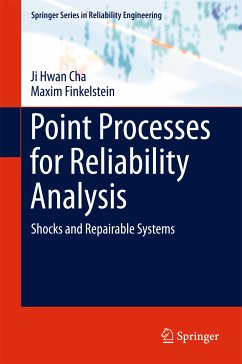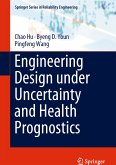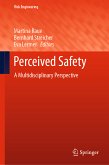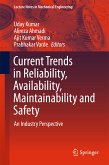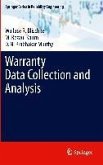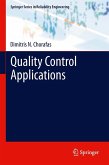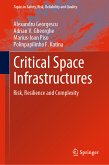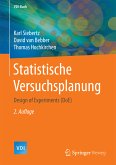Dr. Ji Hwan Cha received his B.S. degree in Computer Science and Statistics from Seoul National University, Korea, in 1993 and his M.S. and Ph.D. degrees in Statistics from Seoul National University in 1995 and 1999, respectively.
He is a Professor at the Department of Statistics and Ewha Fellow (similar to "Distinguished Professor"), Ewha Womans University, Seoul, Korea. He is an Associate Editor of Journal of the Korean Statistical Society. He has published more than 70 papers in various international journals and two books on Introductory Statistics and Reliability Theory, respectively (in Korean). His research interests include applied probability, reliability theory, stochastic processes, survival analysis, multivariate distribution theory, life insurance, demography, operations research, management science. His book "Stochastic modelling for reliability: Shocks, burn-in and heterogeneous populations" (co-authored with Dr. Finkelstein) was published by Springer in 2013.
Dr. Maxim Finkelstein received his M.Sc in Mathematical Physics from Leningrad State University (1971), Ph.D in OR from Leningrad Elektropribor Institute, 1979 and Doctor of Science (habilitation) in OR from St.-Petersburg Elektropribor Institute (1993). From 1971 till 1998 he was with the Saint Petersburg Elektropribor Institute (the leading Russian company in the field of navigation and control systems).
Currently he is a Distinguished Professor at the Department of Mathematical Statistics, University of the Free State, Republic of South Africa and a visiting professor at the Max Planck Institute for Demographic Research, Rostock, Germany and at the ITMO University, St. Petersburg, Russia.
His more than 40 years of professional experience combines academic skills and expertise with those of a researcher in industry. This combination is very helpful for this book.
His main research interests are: reliabilitytheory and applications, survival analysis, risk and safety modelling, applied stochastic processes.
He has published more than 180 papers and 5 books on different aspects of reliability and stochastics. His last two books "Failure rate modelling for reliability and risk" and "Stochastic modelling for reliability: Shocks, burn-in and heterogeneous populations" (co-authored with Dr. Cha) were published by Springer in 2008 and 2013, respectively.

